Our sponsors and our partners
Our parent institutions

L'Institut Agro - Institut national d'enseignement supérieur pour l'agriculture, l'alimentation et l'environnement has been one of our parent institutions since 2012. For more information ...
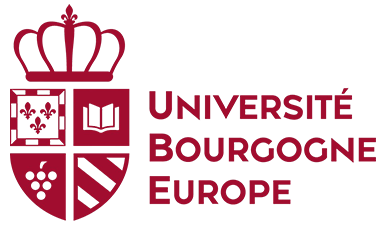
L'Université Bourgogne Dijon Europe has been one of our parent institutions since 2012. For more information ...

L'INRAE - Institut national de recherche pour l'agriculture, l'alimentation et l'environnement - is one of our parent institutions since 2024. For more information ...
Our institutional partners
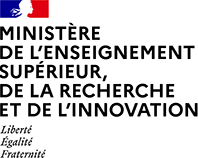
The Ministry of Higher Education, Research and Innovation (MESRI) is responsible for preparing and implementing government policy on the development of higher education, research and technology. The Ministry oversees a large number of research bodies. For more information ...
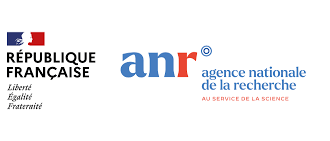
The French National Research Agency (ANR) is a public administrative body under the authority of the Ministry of Higher Education, Research and Innovation. The Agency provides project-based research funding for public-sector operations in cooperation with each other or with companies. For more information ...
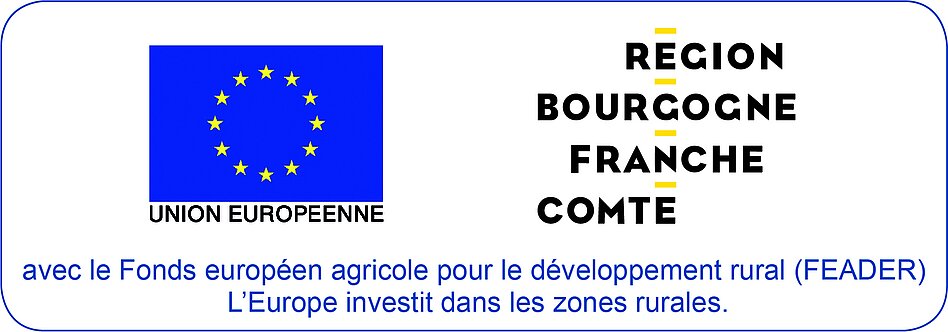
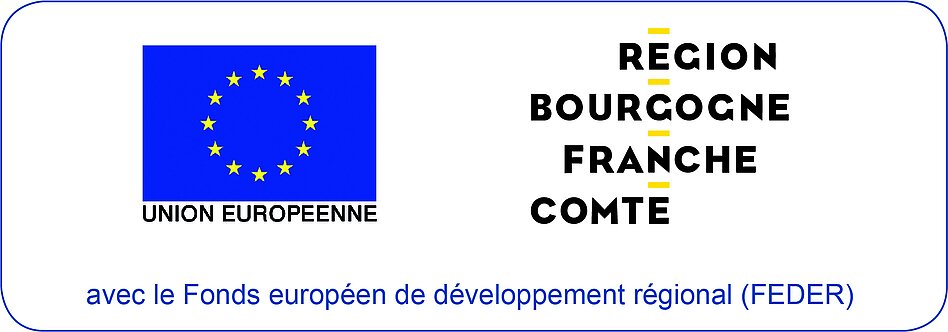
The dynamism of PAM lab's various research projects is supported by a substantial contribution from from the Bourgogne-Franche Comté region, the EAFRD and the EAFARD, which is co-financed by European funds under the "research and innovation" objective, in order to meet the challenges faced by the regions and their populations.
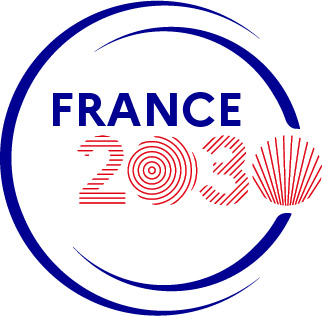
The aim of the France 2030 investment plan is to transform sectors of excellence over the long term through technological innovation and position France as a leader in the world of tomorrow. For more information ...
Our research networks

PAM Lab is a member of the Institut Carnot "Qualiment", a national structure of excellence for the promotion of research in the agri-food sector. For more information ...
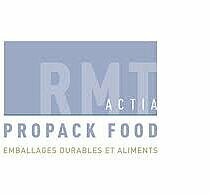
The Actia Propack Food Joint Technology Network (RMT) is accredited by the French Ministry of Agriculture and Food Sovereignty, under the aegis of ACTIA, the French Network of Agri-food Technical Institutes. The RMT brings together seventeen national partners with expertise in sustainable packaging, the circular economy and food waste. Its main objectives are to meet the needs of the food and packaging industries and public authorities in terms of research and development, the provision of tools and training. For more information ...
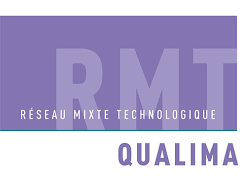
The aim of the Actia Qualima RMT is to develop research into microbiologically safe and healthy food, against a backdrop of changing societal expectations. The field of investigation concerns various categories of food products (chilled, dry, hyper-processed) and different categories of micro-organisms: pathogenic bacteria, as well as micro-organisms involved in the microbiological safety of food (hygiene indicators, spoilage flora). For more information ...
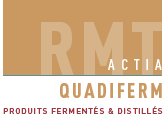
The Actia Quadiferm RMT represents the major players in France in the alcoholic beverage production sectors: wine, beer, cider, Cognac, Armagnac, Calvados, and wine brandies. The field of investigation covers three thematic areas corresponding to the processing stages common to all sectors: raw material quality, fermentation and quality of fermented products, post-fermentation, and distillation. For more information ….
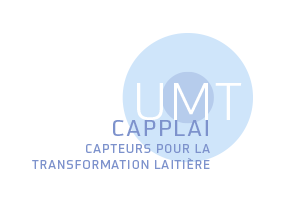
A Joint Technology Unit (UMT) is a partnership between a technical institute and a public research unit. It offers a unique and recognized gateway to research and development for its various stakeholders: professionals, manufacturers, researchers, and public institutions. The main objectives of the Actia Capplai JTU (Sensors for Controlling and Optimizing Dairy Process Performance) are the design and development of sensors that can be installed on production lines to enable the characterization of dairy matrices and the collection of technological indicators. For more information …
Our regional partners
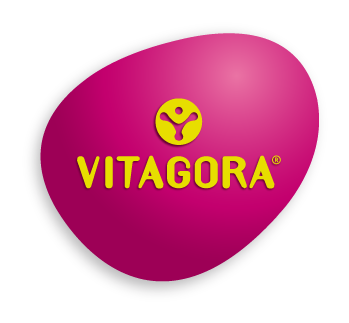
To reach out effectively to professional players, PAM lab relies on local research transfer structures such as the Vitagora competitiveness cluster.
Vitagora is an agri-food innovation cluster uniting a membership of businesses with innovative solution providers and international network partners. Fore more information ...
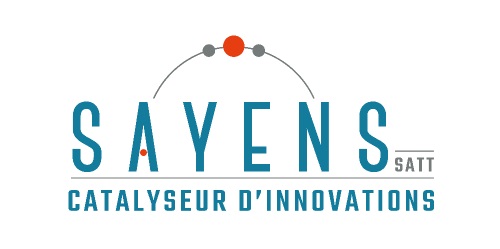
In order to reach out effectively to professional players, PAM lab relies on local research transfer structures such as SATT Sayens.
As a SATT (Société d'Accélération du Transfert de Technologie), and with the support of the laboratories in its area, Sayens simplifies and strengthens interactions between public research and companies in the Grand Est region (Lorraine, Sud-Champagne) and Burgundy-Franche-Comté to accelerate technology transfer and innovation. Fore more information ....
Our international partners
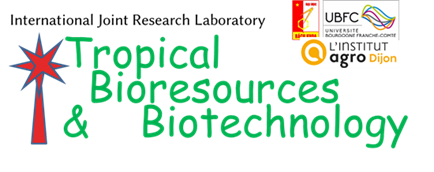
The International Joint Research Laboratory "Tropical Bioresources & Biotechnology" is a joint international laboratory resulting from close collaboration between the Institut Agro Dijon, Hanoi University of Science and Technology and the University of Bourgogne Franche-comté.
The research programme is focused on the study of microorganisms in traditional fermented foods, as well as in new foods. It also encompasses the biotechnological valorisation of agricultural by-products and microbiological safety issues. The projects developed in this joint international laboratory have led to the creation of the network “Tropical fermentation”. For more information …






